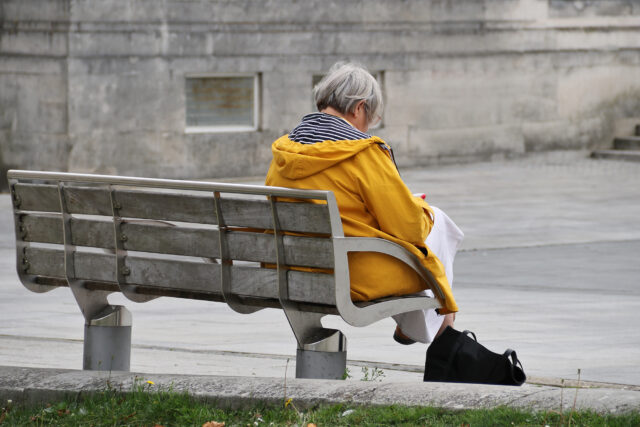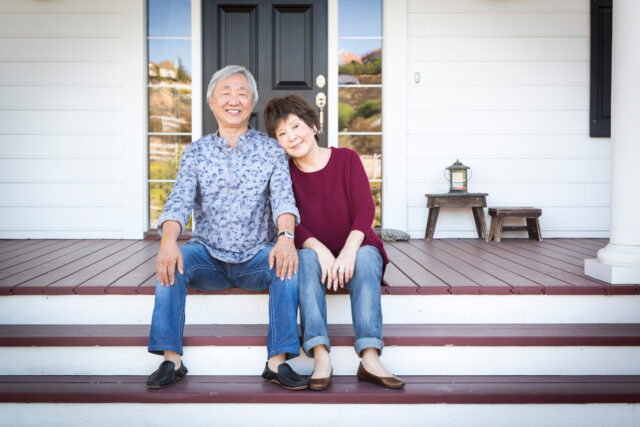
People Need to Use Their Home Equity in Retirement
Alicia H. Munnell is a columnist for MarketWatch and senior advisor of the Center for Retirement Research at Boston College.
But the step-up in basis at death for income taxation acts as a disincentive.
As you know, I’m convinced that many of today’s workers are at risk of having insufficient resources in retirement. The reason for this gloomy picture is a rapidly changing retirement landscape defined by a rising Social Security retirement age, a sharp decline in traditional pensions coupled with modest 401(k) balances, and longer life spans. Yet, in spite of these trends, Americans have not responded by saving more on their own. Outside of employer-sponsored pension plans, individuals save virtually nothing for retirement. The one potential bright spot is housing equity, which is the major non-pension asset for most families in the United States and can be tapped to provide retirement income.
People can tap their house in a number of ways. 1) They can sell their home and buy a cheaper house, which would provide some cash and reduce expenses. 2) They can take out a reverse mortgage and use the money to boost their consumption, paying back the loan when they die or sell the house. 3) They can take advantage of state property tax deferral programs, and use the money that would otherwise have gone to their locality to improve their standard of living in retirement. Again, the loan would be repaid when they died or sold the house.
In point of fact, few homeowners use any of these options. They hold on to their home equity either as insurance against long-term care costs or to leave as a bequest.
What just occurred to me is that the tax code works against the first option – downsizing. Capital gains on housing – as well as financial investments – escape taxation under the federal income tax code completely if they are passed from one generation to another through bequests, because the heirs can step-up their basis for future tax calculations to the value at death. That is – ignoring exemptions for a moment – if parents bought their home for $500,000 and it is now worth $1,500,000, they would have to pay tax on the $1,000,000 gain. If they leave their house to their children, the children’s basis becomes $1,500,000 and the children would pay no income tax if they sold immediately.
For people who do decide to downsize, the current exemptions of $250,000 for a single person and $500,000 for a couple reduce the tax somewhat. But this treatment does not negate the fact that capital gains on houses can escape income taxation completely by being left as a bequest.
Measuring the capital gain based on the value of the asset at the donor’s death, instead of from when it was originally purchased, not only means that any capital gains simply go untaxed but also provides a strong incentive for cash poor/house rich retirees not to downsize. This is bad policy in terms of retirement security.
And the step-up at death has always been bad tax policy. The argument by proponents is that the step-up is necessary to avoid double taxation of the same asset – first under the income tax and then under the estate tax. This argument never held water, because the two taxes are aimed at different purposes. The final income tax payment collects the tax on the long-deferred capital gains, and the estate tax limits how much money can be passed down to the next generation. Moreover, that argument has been weakened dramatically by the changes in the federal estate tax, which allow couples to transfer $22,800,000 tax free (and more with creative estate planning). Getting rid of the step-up in basis would improve the tax code, raise revenues, and eliminate the tax penalty for downsizing.







